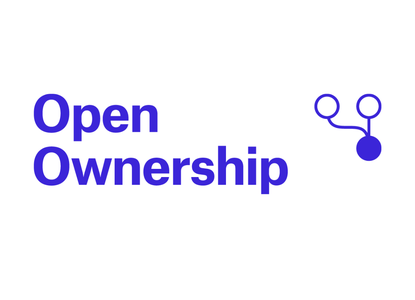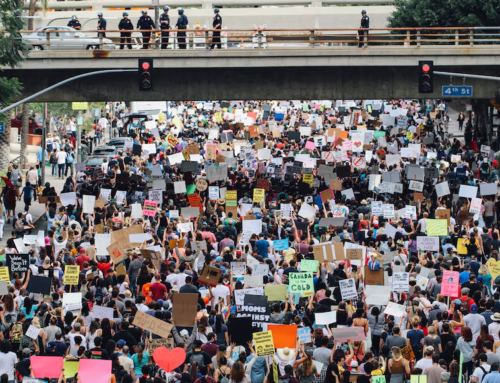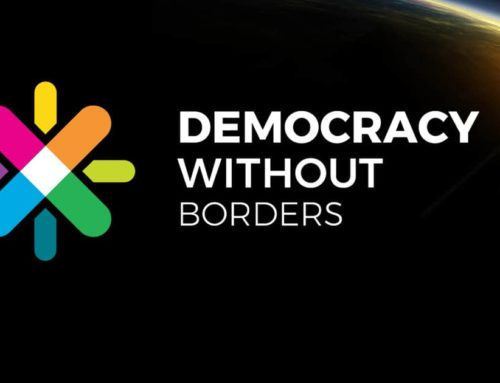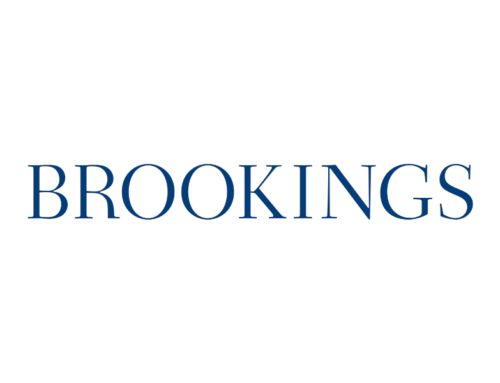Johannes Tonn
Last week, Zambia co-hosted the Summit for Democracy, jointly with Costa Rica, the Republic of Korea, and the United States of America. In the nation’s capital of Lusaka, both government and civil society organized a range of conversations diving into important issues such as electoral integrity, the role of youth and women in politics, and freedom of the media in Zambia and across the continent.
Underlying these topics are fundamental questions of power, responsibility and trust: What does it take to build and maintain trust in democratic institutions? Who is responsible for shaping what economic development needs to look like? How do we ensure corrupt activity is kept in check while individuals, companies, and the state are encouraged to thrive and flourish?
Though there are no easy answers to any of these questions, a consensus has emerged, in Zambia and across the world, that beneficial ownership transparency (BOT) — the public disclosure of those natural persons who ultimately gain benefits from owning and controlling corporate vehicles — is foundational to fortifying trust in the social contract. Clarity about who owns which assets helps to ensure there is a level playing field for civil society, business, and government alike to discuss the above questions and decide on answers appropriate to individual contexts.




